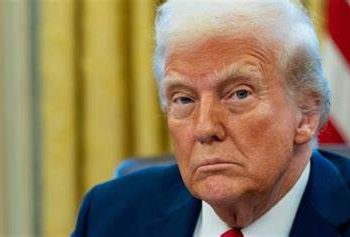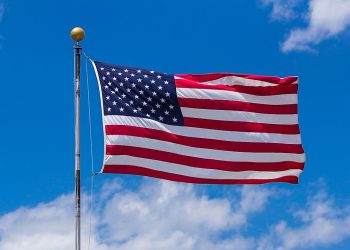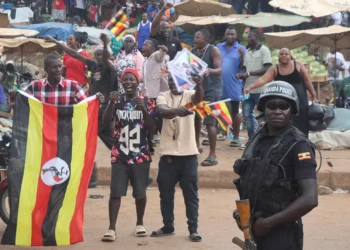The White House has announced that President Donald Trump will issue a 90-day extension this week allowing TikTok to continue operations in the United States while negotiations proceed for the platform to secure a non-Chinese owner.
The extension represents the third postponement of federal enforcement action that would have either forced the sale of the popular social media app or resulted in its ban from American markets on national security grounds. The original mandate was scheduled to take effect on January 19, one day before Trump assumed office for his second term.
White House Press Secretary Karoline Leavitt confirmed the administration’s decision, emphasizing the President’s commitment to keeping the platform accessible to American users while addressing security concerns.
“President Trump will sign an additional Executive Order this week to keep TikTok up and running. As he has said many times, President Trump does not want TikTok to go dark,” Leavitt stated. “This extension will last 90 days, which the administration will spend working to ensure this deal is closed so that the American people can continue to use TikTok with the assurance that their data is safe and secure.”
The decision reflects a notable shift in Trump’s position toward TikTok, which he had previously targeted for potential bans during his first presidency. The President has publicly acknowledged developing a more favorable view of the platform, particularly following his extensive use of social media during the 2024 election campaign.
“I have a little warm spot in my heart for TikTok,” Trump said in a May interview, indicating his openness to granting extensions for the platform to resolve ownership issues.
Political analysts suggest Trump’s evolving stance on TikTok may be influenced by the platform’s significant reach among younger American voters, a demographic that played a crucial role in recent electoral outcomes. The app’s popularity among this key constituency appears to have factored into the administration’s more accommodating approach.
The ongoing dispute centers on national security concerns related to TikTok’s ownership by Chinese parent company ByteDance. US officials have expressed fears that the platform’s data collection practices could potentially serve Chinese government interests, prompting legislative and executive actions to force a change in ownership structure.
ByteDance has acknowledged participating in discussions with US government representatives but has indicated that any potential sale would require approval under Chinese regulations. This requirement adds complexity to potential transaction structures and timelines.
Current proposals under consideration reportedly involve restructuring existing US investor stakes in ByteDance into a newly created independent TikTok entity. Technology giant Oracle and private equity firm Blackstone have been identified as potential participants in such arrangements, with Oracle already serving as the storage provider for much of TikTok’s American user data.
However, significant uncertainties remain regarding the platform’s proprietary algorithm, which industry experts consider fundamental to TikTok’s competitive advantage and user engagement capabilities. Analysts have warned that any separation of TikTok from its core algorithmic technology could substantially reduce the platform’s market value and operational effectiveness.
Despite the ongoing regulatory and political uncertainties surrounding its future, TikTok has continued normal operations and product development. The platform demonstrated business continuity on Monday by launching “Symphony,” a new suite of artificial intelligence-powered advertising tools that enable marketers to create video content using text and image inputs.
The 90-day extension provides both the Trump administration and TikTok’s stakeholders with additional time to negotiate a resolution that addresses national security concerns while preserving the platform’s accessibility for American users. The outcome of these discussions could establish important precedents for how the US government approaches foreign ownership of popular technology platforms.
The TikTok situation represents a significant test case in the broader technological competition between the United States and China, with implications extending beyond social media to encompass data security, digital sovereignty, and international business relationships in the technology sector.


















